|
After I had finished reading through Leviticus and having written only one poem from that book — well, I was okay with that. But, when I started reading Numbers and found the story of Nadab and Abihu reviewed once more, I thought I should take another look at that story back in Leviticus. If it was important enough to bring up again, then it must be important. This is the family line of Aaron and Moses as it was recorded when the LORD spoke to Moses on Mount Sinai: The names of Aaron’s sons were Nadab (the oldest), Abihu, Eleazar, and Ithamar. These sons of Aaron were anointed and ordained to minister as priests. But Nadab and Abihu died in the LORD’s presence in the wilderness of Sinai when they burned before the LORD the wrong kind of fire, different than he had commanded. Since they had no sons, this left only Eleazar and Ithamar to serve as priests with their father, Aaron. Numbers 3:1-4 You can read the story found in Leviticus on your own. But, the thing that stood out to me was how Aaron and his two remaining sons were not allowed to grieve their obvious loss. I've heard this story before and moved on without giving it much thought. But, when I stop to put myself in Aaron's sandals and replace his two sons with my two sons, it makes it real and suddenly I see it in a new light. Playing with Fire Leviticus 10:1-7 O, Nadab, my firstborn! O, what have you done?
What caused you to burn this strange fire? Did you think that I could protect you, my son, if you went against God's desire? Did you not believe when, before everyone, God stated the rules he'd require? Abihu, I loved you, and will till I die; you've followed the path of your brother. You've always contested each other to vie to see who could better the other. Now, memories of you are too few to supply true solace for me and your mother. My children, my sons, and the first of my joys, I longed to embrace you, bereaving. But, Moses convinced me to maintain my poise, stand firm when I saw you not breathing. In public, though I could not mourn for you boys, my heart will forever be grieving. After writing last week's poem, The Art of Brotherly Love (written about seven weeks ago), I immediately began my next one — that ultimately took three weeks to write — which (lately, at least) is a crazy-long time for me. Nearly two weeks into that period, with a little frustration setting in, I came across this passage from Leviticus in my Bible reading and jumped at the chance for a change. I had nearly read the entire book Leviticus without writing a single poem because of all of the rules and regulations it contained, then I finally read these rules and regulations. There are 46 verses in Leviticus 26: 13 cover the blessings for obedience, 26 are on the punishments for disobedience, and the last 7 speak of how God will remember those who repent. Blessings for Obedience Leviticus 26:1-13 No carvings of statues nor idols of stone; I am the Lord God to be bowed to alone. Remember my Sabbaths, they can't be ignored; revere where I'm worshiped for I am your Lord. If you will obey my decrees and commands, then I will send seasonal rains through your lands. The crops from the ground will produce such a yield, and trees will bear riches of fruit in your field. Your threshing will last till your grapes have been grown, your grape harvest lasting till grain has been sown. And you will eat all of the bread you can stand, while living both safe and secure in your land. I'll give the land peace so you'll lie down at night and sleep without trouble and worry or fright. The dangerous beasts — I'll remove them for you; your land will not witness the sword passing through. Your enemies will be exhaustively chased, and they will be felled by the sword and laid waste. Five chasing a hundred, a hundred pursue ten thousand — your enemies slain before you. My favor on you will make you multiply, confirming my compact between you and I. You still will be eating from last harvest's store, which you'll need to clear out to make room for more. Among you my dwelling place I will erect, and you, in my soul, will I never reject. And I'll walk among you — be your God, divine; and you as a people will ever be mine. I am the Lord God, who from Egypt has saved and freed you from those who would keep you enslaved. I've broken the bars of the yoke that you wore and freed you to walk with head high evermore. Do not make idols or set up carved images, or sacred pillars,
or sculptured stones in your land so you may worship them. I am the LORD your God. You must keep my Sabbath days of rest and show reverence for my sanctuary. I am the LORD. If you follow my decrees and are careful to obey my commands, I will send you the seasonal rains. The land will then yield its crops, and the trees of the field will produce their fruit. Your threshing season will overlap with the grape harvest, and your grape harvest will overlap with the season of planting grain. You will eat your fill and live securely in your own land. I will give you peace in the land, and you will be able to sleep with no cause for fear. I will rid the land of wild animals and keep your enemies out of your land. In fact, you will chase down your enemies and slaughter them with your swords. Five of you will chase a hundred, and a hundred of you will chase ten thousand! All your enemies will fall beneath your sword. I will look favorably upon you, making you fertile and multiplying your people. And I will fulfill my covenant with you. You will have such a surplus of crops that you will need to clear out the old grain to make room for the new harvest! I will live among you, and I will not despise you. I will walk among you; I will be your God, and you will be my people. I am the LORD your God, who brought you out of the land of Egypt so you would no longer be their slaves. I broke the yoke of slavery from your neck so you can walk with your heads held high. Leviticus 26:1-13 Some months ago, we sang a song in our church that spoke about following God's cloud — like the Israelites did — and I thought it was interesting since I was in the middle of reading Exodus at the time. I imagined that I could write something similar as well. I had already come across those verses (discussing the pillar of fire and cloud) earlier in Exodus and thought that the next time I came across a similar passage that I would write about it. Finishing up Exodus without finding those verses, I thought of backtracking to where I had read about it earlier in the book, but decided against it. After Exodus, chronologically speaking, comes Numbers 7-10 before picking back up with Leviticus. And, in that little sliver of Numbers, I found what I was looking for: It remained that way continually; the cloud would cover the tabernacle by day, and at night it would appear like fire. Whenever the cloud was lifted from above the Tent, the Israelites would set out, and wherever the cloud settled, there the Israelites would camp. Numbers 9:16-17 The initial idea in my head didn't really translate to the page as I had intended, but this is OK as well. Cloud and Fire Lord, lead us by your Holy Spirit whether moving or perfectly still so consume us with fire and a burning desire to be centered in your perfect will Lord, choose to live right here among us how we want you to live in our heart like your Father made home while the Israelites roamed in the Holy of Holies and Ark like your cloud through the day let us show them the way like your fire at night let us show them the light Lord, keep us all in your protection in your arms, we will not be afraid and supply us our need as we follow your lead and we step in the footprints you've made It remained that way continually; the cloud would cover the tabernacle by day, and at night it would appear like fire. Whenever the cloud was lifted from above the Tent, the Israelites would set out, and wherever the cloud settled, there the Israelites would camp.
Numbers 9:16-17 The ninth verse of this poem, the one concerning the Ark of the Covenant, was the first thing I wrote since it was the first thing mentioned while reading Exodus 25. After writing a few more stanzas, I started forming the poem as a series of questions and answers — a complete stranger stumbling upon this large structure in the desert and having a child explaining what it was: We serve God Jehovah who told us to build, etc. After that idea stalled, I decided on a self-guided tour of the Tabernacle. After the first nine verses were completed, with the first thing I wrote literally being the last thing I wrote, I was wondering how to wrap it all up. I had walked through the entire structure, from the entrance to the east — all the way to the Holy of Holies, and was looking for the exit. It bothered me that I hadn't described all of the contents within the Ark. As I was contemplating those things and thinking that I was left with some really crappy choices for possible rhymes, like the word staff — suddenly the word half came to mind with the idea of the torn veil. Thank you, Lord, for the save! Tabernacle They served God Jehovah who told them to build a place he could dwell and atone for their sin. He gave them a pattern for space to be filled with objects of worship he wanted within. They'd enter the courtyard through gates to the east, and come to an altar of bronze-covered wood. The priest laid his hands on their innocent beast, then killed, disemboweled and burned up where they stood. Behind this horned altar a washbasin stands; from bronze, both the basin and stand have been cast. A place where the priests washed their feet and their hands before they could enter God's presence, at last. A couple steps further, within a small tent: the Holy Place, hidden from everyone's sight. The priests intercede while the people repent; replacing the shewbread and feeding the light. A gold-covered table was set to the north, its golden utensils and dishes in place; with bread loaves for God that the Levites put forth, called bread of the Presence or bread of the Face. A solid gold lampstand that brilliantly floods the room with its flickering glorious rays. A golden menorah with petals and buds; resplendent, replete with gold snuffers and trays. An altar for incense, in front of the veil diffusing sweet fragrance Jehovah desires. Both morning and evening the priests, without fail, brought coals from the courtyard's last sacrificed fires. The Holy of Holies, the innermost room, the high priest could enter but once every year. Since unconfessed sin in his heart would bring doom; he'd enter God's presence with reverent fear. A chest, or an ark, from acacia was made, with stones of his law God inscribed in its hold. Adorned with the wings of two cherubim splayed, its lid hammered out of solidified gold. Along with those tablets the ark would contain a jar filled with manna and Aaron's bloomed staff. All this was God's Grace until his Lamb was slain, when God tore the veil to his Mercy in half. And they are to make a sanctuary for Me, so that I may dwell among them. You must make the tabernacle and design all its furnishings according to the pattern I show you.
Exodus 25:8-9 This isn't the first time that I've come across this passage of scripture. I'm that person who starts reading the Bible from Genesis in January and finds himself floundering in the wilderness a month or so later, bogged down by rules and regulations concerning sacrifice, divorce, murder and skin sores sprouting white hair. So, yeah — I've read Genesis and Exodus many times. And, in the past, whenever I would come to this song that Moses sings and think that maybe I should write about it, I would think, No, it's too hard. But, after writing those 40 chapters from the Book of Job last year — with God's help — without skipping any because I thought that they might have been too hard, I've gained a new confidence that makes me think that, with God's help, I'll be able to plow through most anything — much like the picture above. Song of Deliverance Exodus 15:1-21 Then Moses and the people of Israel sang this song to the Lord:I will sing to the LORD, for his triumph's immense; both the rider and horse he's thrown into the sea. Oh, the LORD is my strength, he's my song and defense; for the LORD has become a salvation to me. He's forever my God that I'll praise and adore; he's the God of my father that I will acclaim. Oh, the LORD is a warrior, a real man of war; I will sing of Jehovah. The LORD is his name. In the sea has the army of Pharaoh been drowned. In the Red Sea the best of his captains were thrown. With their armor and chariots dragging them down; every one of them sank to the depths like a stone. LORD, your right hand's majestic in power and might; LORD, your right hand makes all of your enemies doomed. Overthrowing your foes who rise up for a fight; with your fury inflamed, they, like straw, are consumed. With a blast of your nostrils you breathed on the sea, and the waters rose up in the air in a heap; forming walls made of water where fish used to be as the waters congealed in the heart of the deep. And the enemy boasted and haughtily said, I will soon overtake and despoil this hoard! I will never let up till the desert bleeds red, but destroy all I can with the blade of my sword! Then you opened your mouth and you blew with your breath, and the sea covered all of them over with waves. Man and horse sank like lead to a horrible death, now they lay on the bottom in watery graves. Is there any god like you, LORD? Worthy of praise? Is there anyone like you, LORD, matching your worth? So majestic and holy! Such marvelous ways! By your hand are your foes swallowed up by the earth. You've redeemed us in mercy and led us to here. In your strength you will guide us to your sacred home. And the nations will hear and will tremble in fear; in Philistia — sorrow and anguish will come. Now the leaders of Edom are greatly dismayed; and the Moabites tremble for what lies ahead; all the Canaanites melt and are deathly afraid; every one of them feeling the terror and dread. By your powerful arm, they'll be still as a stone — they'll be quiet until all your people go past; LORD, your people — the ones whom you've bought and atoned — till your once-enslaved people march by them at last. You will bring in your people, possessing the land, to your mountain, O LORD, where you've made your domain; in the dwelling established by your holy hand. LORD Jehovah, forever and ever will reign. Then Miriam the prophet, Aaron's sister, took a tambourine and led all the women as they played their tambourines and danced.And Miriam sang this song:Let us sing to the LORD, who has gloriously hurled horse and its rider both into the sea. Then Moses and the people of Israel sang this song to the LORD: I will sing to the LORD, for he has triumphed gloriously; he has hurled both horse and rider into the sea.
The LORD is my strength and my song; he has given me victory. This is my God, and I will praise him— my father’s God, and I will exalt him! The LORD is a man of war; the LORD is his name. [ESV] Pharaoh's chariots and his host hath he cast into the sea: his chosen captains also are drowned in the Red sea. [KJV] The deep waters have covered them; they sank to the depths like a stone. [NIV] Your right hand, O LORD, is glorious in power. Your right hand, O LORD, smashes the enemy. In the greatness of your majesty, you overthrow those who rise against you. You unleash your blazing fury; it consumes them like straw. At the blast of your nostrils the waters piled up; the floods stood up in a heap; the deeps congealed in the heart of the sea. [ESV] The enemy boasted, 'I will pursue, I will overtake them. I will divide the spoils; I will gorge myself on them. I will draw my sword and my hand will destroy them.' [NIV] But you blew with your breath, and the sea covered them. They sank like lead in the mighty waters. Who is like you, O LORD, among the gods? Who is like you, majestic in holiness, awesome in glorious deeds, doing wonders? [ESV] You stretch out your right hand, and the earth swallows your enemies. [NIV] With your unfailing love you lead the people you have redeemed. In your might, you guide them to your sacred home. The nations will hear and tremble; anguish will grip the people of Philistia. [NIV] Now are the chiefs of Edom dismayed; trembling seizes the leaders of Moab; all the inhabitants of Canaan have melted away. [ESV] Terror and dread fall upon them; because of the greatness of your arm, they are still as a stone, till your people, O LORD, pass by, till the people pass by whom you have purchased. [ESV] You will bring them in and plant them on your own mountain— the place, O LORD, reserved for your own dwelling, the sanctuary, O Lord, that your hands have established. The LORD will reign forever and ever! Then Miriam the prophet, Aaron’s sister, took a tambourine and led all the women as they played their tambourines and danced. And Miriam sang this song: Sing to the LORD, for he has triumphed gloriously; he has hurled both horse and rider into the sea. Exodus 15:1-21 NLT — unless noted After penning The Plagues of Egypt, and thinking ahead to the next big event in Exodus, I was lying in bed running lines in my head and came up with: From a land that is fertile to one filled with sand So, the following morning, my next poem began with those lines. And I struggled mightily with the direction it should go. And as lines and verses came and went and got moved around, these opening lines fell further from the top until they finally landed into the final stanza. As I read the passage in Exodus, I was reminded of the things I wrote in my Easter poem of 2019, Lamb Selection Day. Like, how the Israelites were to select their Passover lamb (or goat) on the tenth of the month, slaughter it on the fourteenth, put its blood on their door posts, and eat it in haste wearing their traveling clothes. By then, I was on a roll. I crammed in there how the grieving Egyptians literally begged them to leave and gave of their gold and clothing to the Israelites and how Joseph wanted his bones carried out of Egypt when they left. After I ran out of my general knowledge on this event, I was left with my "opening lines" and I wasn't sure how to wrap it all up. I thought of the previous lines I had written concerning how each successive Pharaoh knew less and less of Joseph and was harder on the Hebrews slaves because they were reproducing so rapidly. Then, I wondered how long the Israelites had lived in Egypt and found that the Bible clearly stated that is was 430 years. Except, that couldn't be possible since Moses was a great-grandson to Jacob and he had married his own aunt, who was a granddaughter to Jacob. This led me to Google the subject and I read of a controversy I wasn't even aware of — something I've never even considered. Consider the following: If Levi had conceived Jochebed on the very last day of his life, then Jochebed would have had to given birth to Moses when she was 257 years old in order to get a period of 430 years for the sojourn in Egypt (93 years that Levi lived in Egypt, plus Moses’ 80 years (Exodus 7:7) when he arrived to deliver the children of Israel—93+80+257=430). Interesting stuff. Anyway, out of all of this study the final two lines were formed. In fact, the final line was changed and fine-tuned again last night as I was writing this blog. Exodus We were told to select a young goat or a lamb,
one unblemished from out of our herd. We inquired of Moses who told us, I AM, God Jehovah was keeping his word. On the tenth of the month our selection was made; on the fourteenth it cooked in a roast. We made sure that the blood of the lamb was displayed on the frame of the door and each post. Then we ate with our sandals and cloak that we wore, and we ate with our staff in our grasp. With its meat in our belly and blood on our door, we awaited God's hand to go past. When a wailing filled Egypt, we knew in our heart that the people would beg us to leave. With their clothing and gold they compelled us depart; every family of Egypt in grief. Take my bones when you leave here, was Joseph's request, so we packed them with all that we own. We've been slaves, yet our children would be more oppressed when the next Pharaoh sat on his throne. From a land that is fertile to one filled with sand; we have miles of desert to roam. Once, the children of Israel arrived by God's hand; now, its time that his children went home. In my Bible-reading, I entered into Exodus at the start of 2020. With Israel's grand departure before me and Christmas in the rear-view mirror, I imagined the ten plagues of Egypt written in the guise of The Twelve Days of Christmas. After a week or two of thinking about it and realizing it couldn't be done, I started writing things down in order to prove it. As I realized I couldn't bend the words of the story to be sung with that familiar tune, I also realized that it shouldn't be sung as comedic relief. Especially when I stopped to consider the devastation of even one of those plagues, let alone ten — one after the other. So, even though I didn't accomplish what I originally had in mind, the end result was even more satisfying (as well as gratifying). The key element for me was to emulate the Christmas song by — not repeating the same lines over and over — but, rather to rephrase the horror of each plague after each new plague was introduced. I started writing this on January 15. The reason I know that is as follows: At work, we receive a daily email containing company information. At the bottom of that email is a quote from a famous person. So, with me starting this poem on the 15th, the email from the 16th had a quote from Lillian Gish, the American actress. A happy life is one spent in learning, earning, and yearning. The Plagues of Egypt With the first plague on Egypt, to the Pharaoh I said: now behold, watch my God turn your river blood-red. Both the water in jars and the Nile are changing — still, he won't let God's children go home. With the next plague on Egypt: you had better prepare to have frogs in your houses and frogs in your hair. While some wonder what's next since they only know fishing — now they can't take a step without feeling frogs swishing — still, he won't let God's children go home. With the third plague on Egypt, Aaron stretched out his hand and the dust became gnats and they covered the land. There's no water for drinking regardless of riches — and the frogs are on dishes instead of in ditches — now the gnats bite and pester and leave them with itches — still, he won't let God's children go home. With the fourth plague on Egypt, I said: look to the skies, for my God will be sending a great swarm of flies. And the river is full of dead fish that are rotting — neither human nor beast find relief in their swatting — people try to lie down but the frogs are there squatting — now the flies are obscuring the sun with their blotting — still, he won't let God's children go home. With the fifth plague on Egypt, to the Pharaoh I said: by tomorrow, your livestock in fields will be dead. Oh, the stench of the Nile and all that's decaying — with the frogs there's no walking or sitting or laying — and the gnats drive the animals mad — hear them braying — there's no end to the flies — whether shooing or spraying — no more sounds of the animals mooing or neighing — still, he won't let God's children go home. With the sixth plague on Egypt, I said: now, for your sin you'll have boils on you and your animals' skin. Now the sight of the river they love is heartbreaking — there are frogs in the laundry and frogs in the baking — what a racket the gnats in the ears have been making — and the flies make it seem like the whole world is shaking — all the livestock is down, nevermore to be waking — now they can't stand or sit — oh, these boils are aching — still, he won't let God's children go home. With the next plague on Egypt, I said: God sends his rains; cloaked in thunderous hail so that no life remains. Oh, their once-fertile river has yet to start healing — and the frogs that are stepped on are croaking and wheeling — while the gnats have the aged ones retching and reeling — and the flies bother children and babies are squealing — from the loss of their livestock they’re numb and unfeeling — with their scraping of boils, it has left their flesh peeling — now the hail and the rain have caused leaks in the ceiling — still, he won't let God's children go home. With the eighth plague on Egypt, mighty God had revealed: by tomorrow greats locusts will blacken the field. While the fish float on water, on banks they are flopping — there are millions of frogs and the frogs keep on hopping — such a minuscule gnat, but their torment is whopping — and no matter their efforts, the flies are not stopping — and the anguish to watch as the livestock are dropping — oh, the pain of it all when the boils are popping — and the sound of the hail in the puddles when plopping — hear the din in the fields as the locusts are chopping — still, he won't let God's children go home. With the ninth plague on Egypt, God said: stretch out your hand for the next three days darkness will cover the land. All the water is bad and there is no denying — and they cannot think straight with the frogs multiplying — and the children are covered with gnats and they're crying — and they're weary of swatting the flies that are flying — and they wonder why suddenly cattle are dying — with the boils so painful, their flesh feels like frying — all the thunder and lightning and hail's terrifying — hordes of locusts are swarming, their fields occupying — now they can’t pierce this darkness, there’s no use in trying — still, he won't let God's children go home. With the tenth plague on Egypt, 'twas my last time to warn: God will take from each parent their son if firstborn. No papyrus-made boats on the Nile are sailing — there is nothing but frogs on the steps and the railing — and the swarming of gnats can't be kept from inhaling — from the flies, there's frustration — all their efforts are failing — on the ground, sheep are frothing and donkeys are flailing — with the boils comes blisters and ulcers and scaling — and the heavens let loose with their thunderous hailing — all their crops have been ruined from locusts assailing — the Egyptians can't see where they walk from the veiling — now, from Pharaoh on down, every family is wailing — but he’ll NOW let God's children go home. I was about to post this yesterday, but I suddenly made two major changes.
Although the poem was completed in January, I decided that I wasn't real happy with the final stanza. In that verse, the ten italicized lines were ending with grieving, thieving, leaving, ceiling, peeling, reeling, breathing, heaving, squealing, and teeming. Similar-sounding words, but not close enough. So, I moved some verses around, adding to some and subtracting from others to make things a little purer. The other thing I did was to reverse the order of the italicized lines. The original poem had them counting down to the first plague, like ending with the first day in The Twelve Days of Christmas. So, they were all ending with a line concerning the Nile River. Yesterday, it dawned on me that it probably should be reversed. It was an interesting exercise, to be sure. One that can be crossed off an imaginary list. And one that is a little difficult to read as the cadence keeps changing. The first line of each verse has 13 beats; the second line has 12; the italicized lines are back to 13 beats, but end with 2-syllable words; and the final line of each verse have 9 beats. Yikes! |
Copyright © 2016-2024 • The Hawk's Quill LLC
All rights reserved
All rights reserved

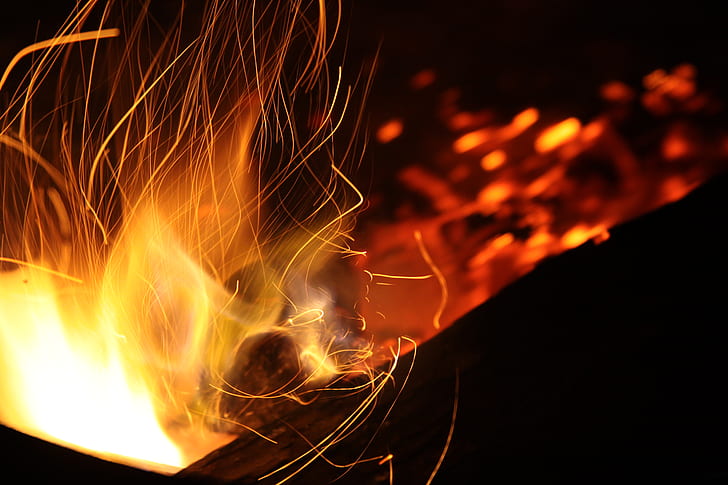
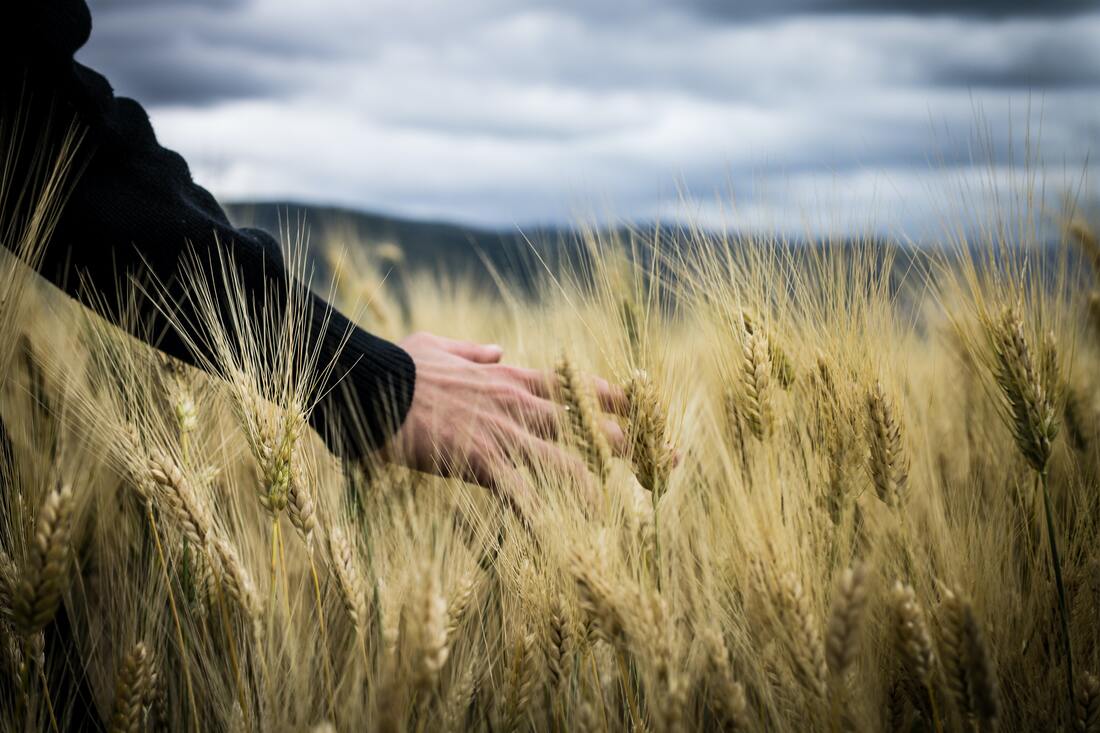
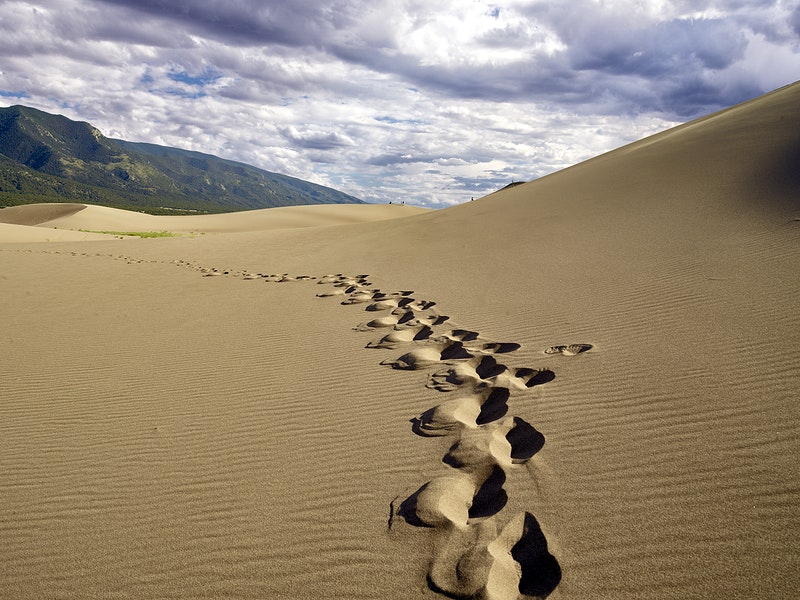
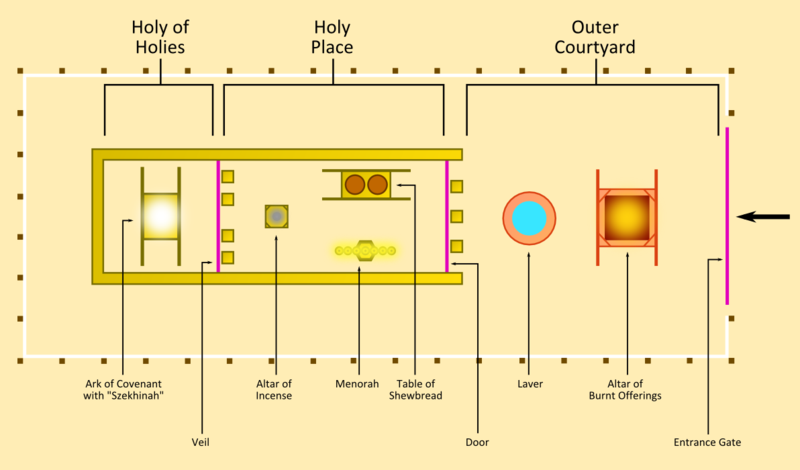
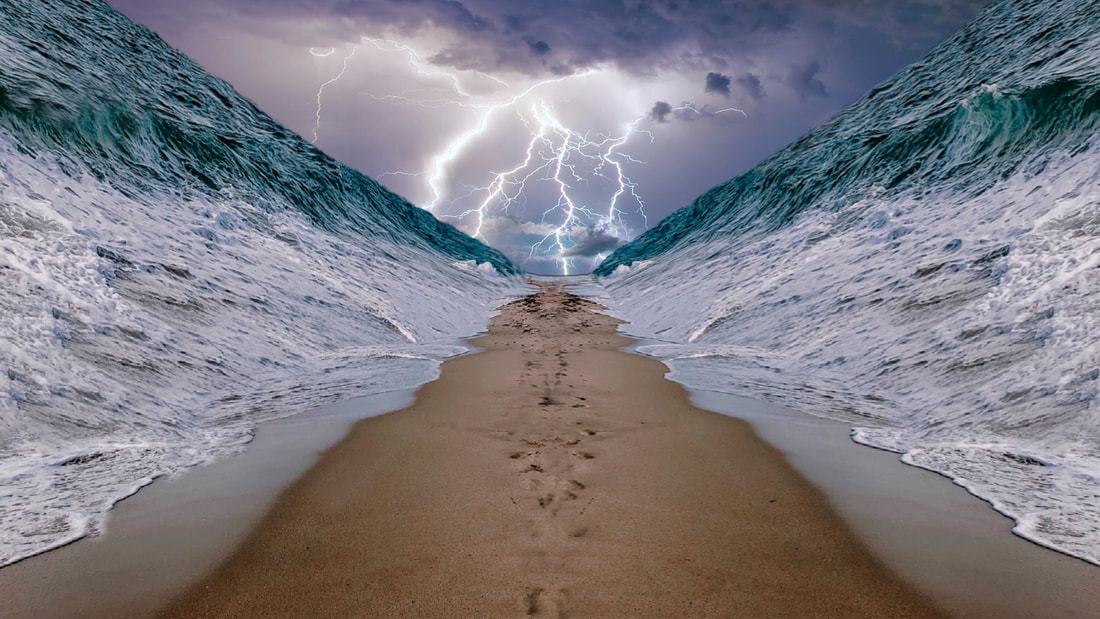
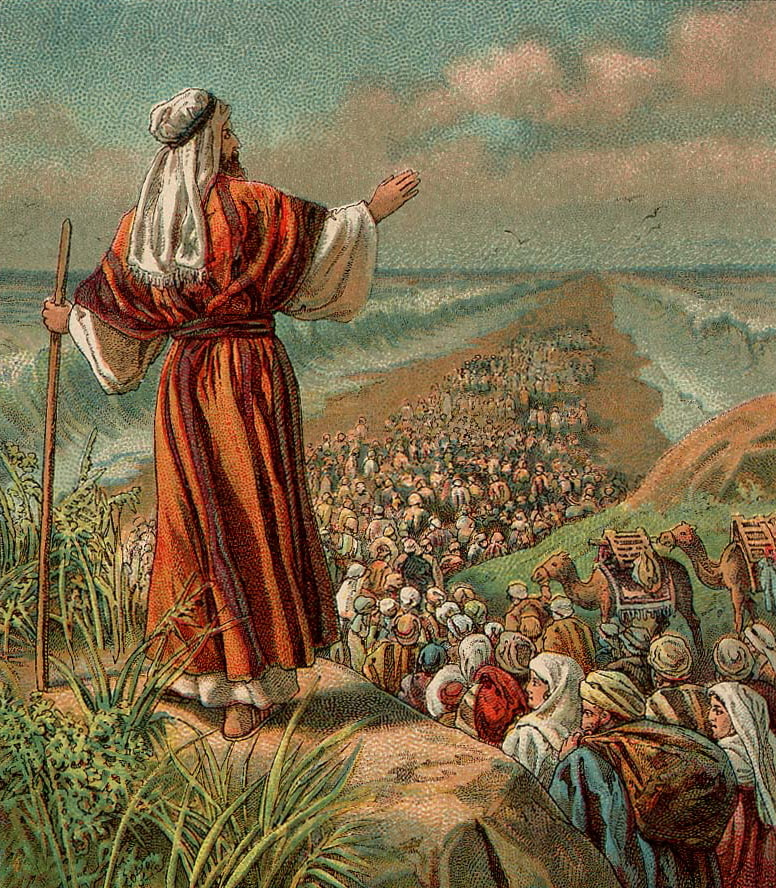
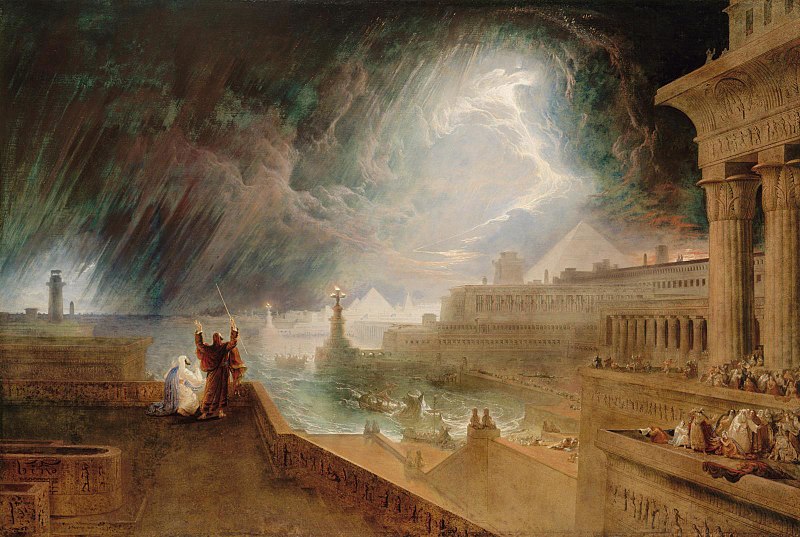
 RSS Feed
RSS Feed